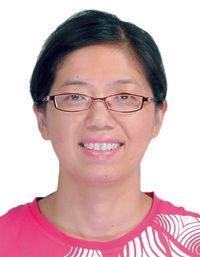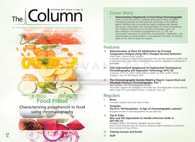Markes International Opens New Chinese subsidiary in Shanghai
Markes International has announced the opening of a new subsidiary in Shanghai, China.

Markes International has announced the opening of a new subsidiary in Shanghai, China. The new Markes Instruments (Shanghai) Co., Ltd. operation will support Markes’s existing network of Chinese distributors and sales agents, and will be led by the recently appointed General Manager, Lili Tang.
Speaking about Markes’s new operation in China, Managing Director Tim Hawkins highlighted Markes’s impact across 60 countries, saying: “We are now building a new team of specialists to support our long-established partners in China, alongside investment in monitoring technologies focused on Chinese requirements.”
“Lili shares our drive for excellence and our passion for engaging with our partners to deliver the best results for our customers, and her appointment comes at a truly exciting time in Markes’s growth story,” said Hawkins.
Tang was previously the Director of Jiangsu Environmental Monitoring Centre and Professor in Nanjing University of Science and Technology, where she led province-wide atmospheric monitoring networks and established systems for air and ozone quality management. She joins Markes during a period of significant growth in the environmental monitoring market in China, and will be establishing Markes’s new Technology Support Centre in Shanghai along with an online portal.
For more information please visit www.markes.com

A Matrix-Matched Semiquantification Method for PFAS in AFFF-Contaminated Soil
Published: April 14th 2025 | Updated: April 14th 2025Catharina Capitain and Melanie Schüßler from the Faculty of Geosciences at the University of Tübingen, Tübingen, Germany describe a novel approach using matrix-matched semiquantification to investigate per- and polyfluoroalkyl substances (PFAS) in contaminated soil.
Silvia Radenkovic on Building Connections in the Scientific Community
April 11th 2025In the second part of our conversation with Silvia Radenkovic, she shares insights into her involvement in scientific organizations and offers advice for young scientists looking to engage more in scientific organizations.














